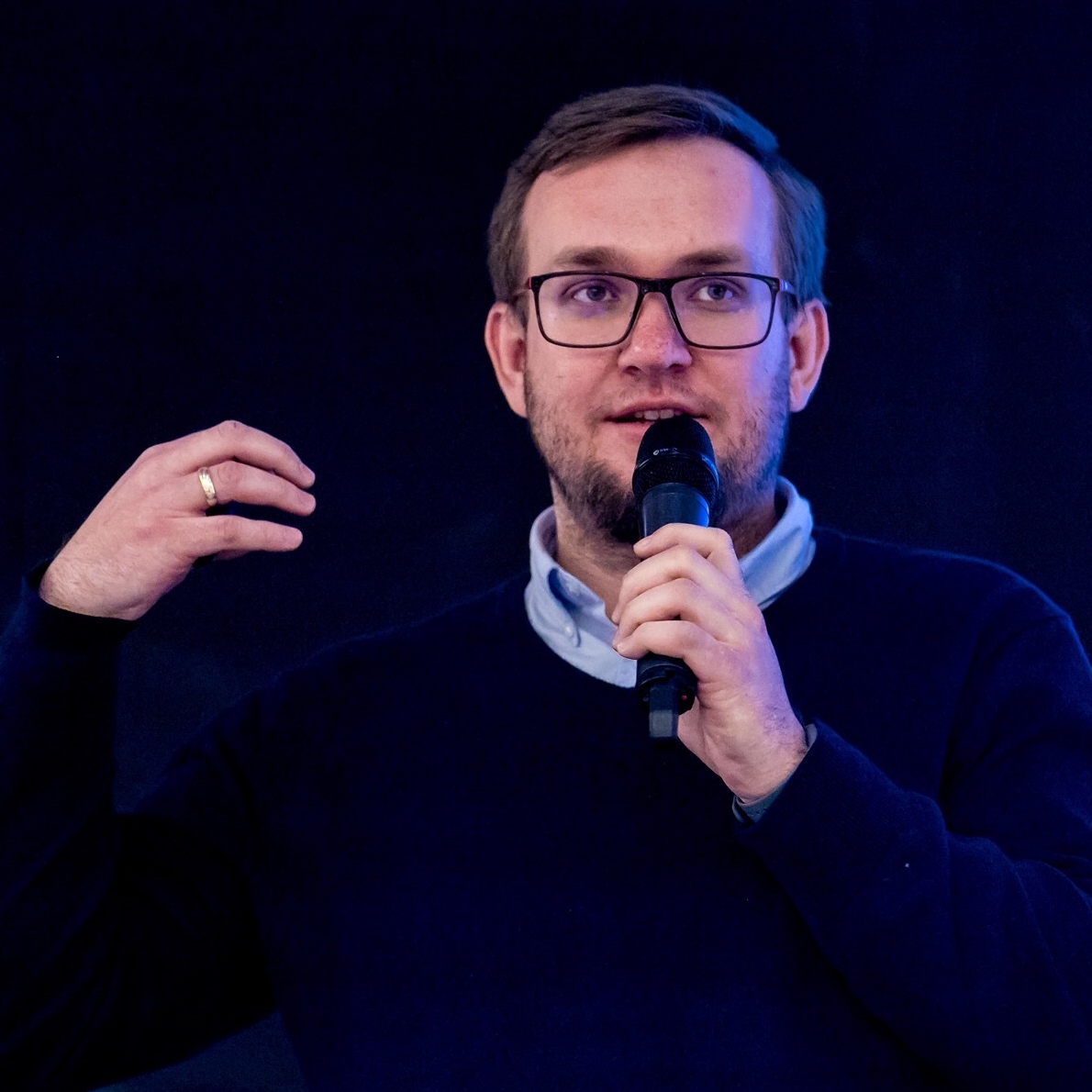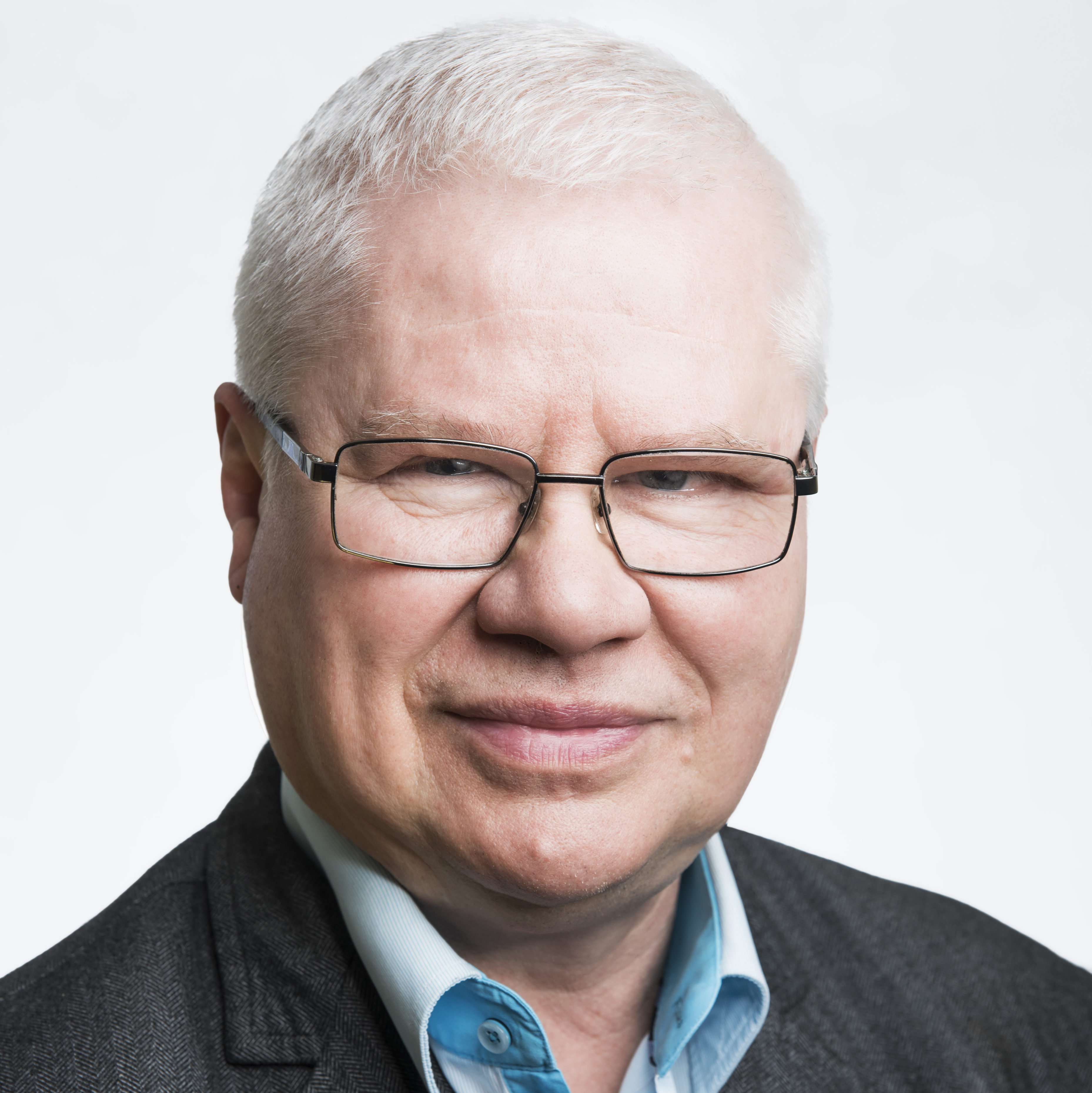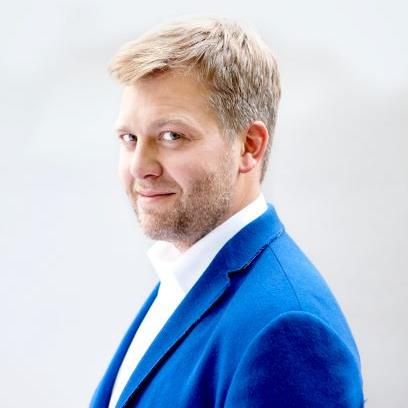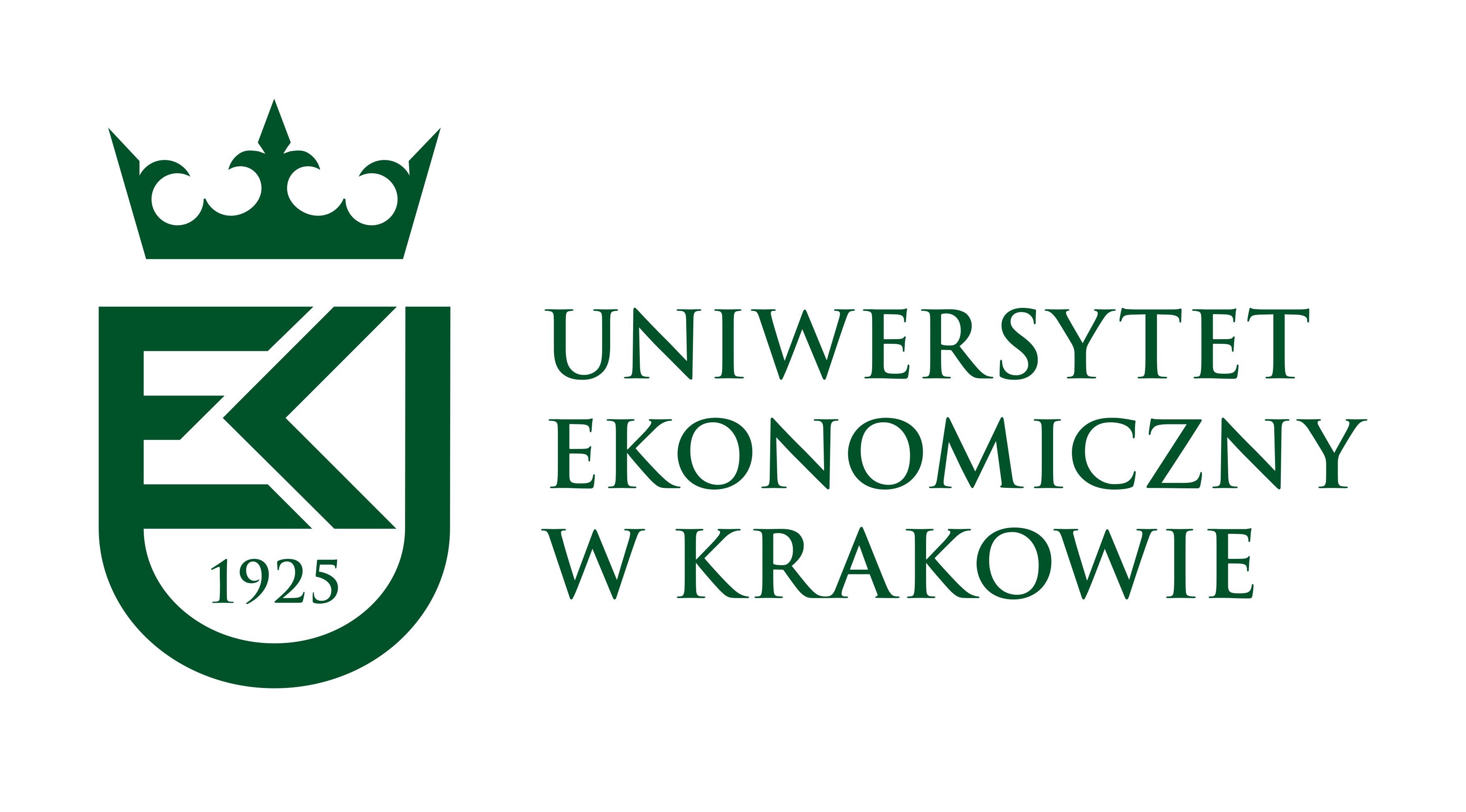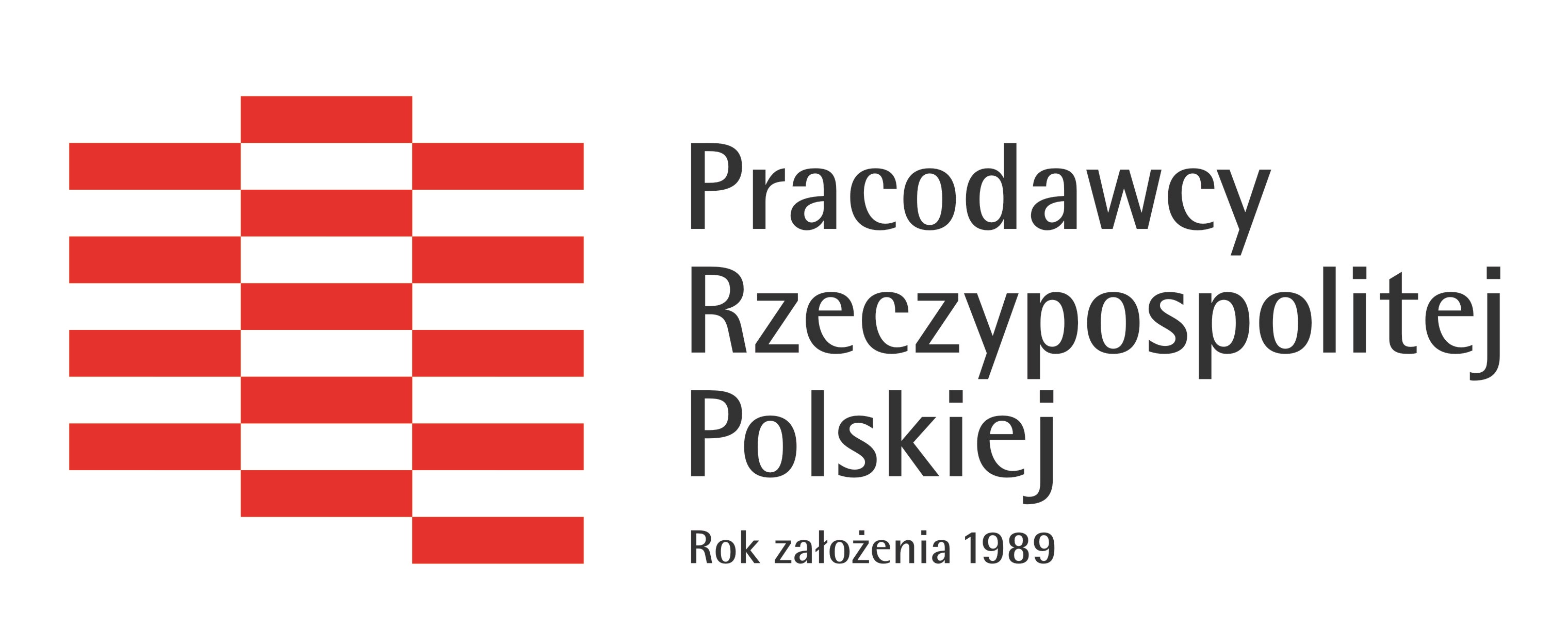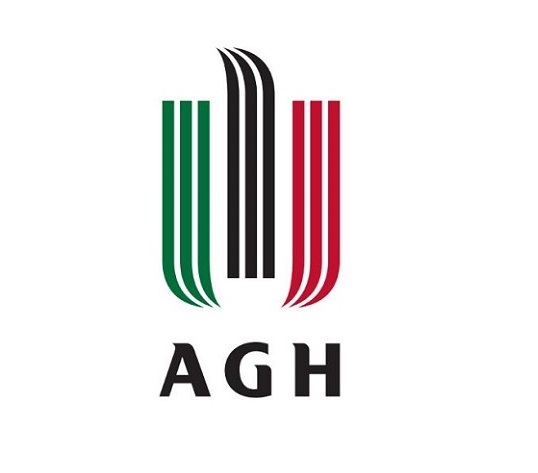The commons reflects a combination of material and immaterial common resources (e.g. fish stocks and cooking recipes). The commons also encompasses the shared social practices that have been institutionalized by societies to govern resources (referred to as ‘commoning’), and collective management with a sense of common purpose (i.e. to guarantee access to food to all members of the community). Thus, commons are not only resources but also practices where each member of the collectivity is thinking, learning and acting as a ‘commoner’.
Each commons has its own distinctive character because each is shaped by its particular location, history, culture and social practices. It is a set of ongoing practices, not an inert physical resource. There is no commons without commoning.
The domination of instrumental values results in a gradual disappearance of such development resources (goods) as trust, capacity to learn and strategic imagination. Opportunism, or actions subordinated to short‑term and individual benefits is widespread. The optics of short- and narrow-sightedness prevail, and long‑term cooperation among different actors is marginalised. The field of joint prospective activities, which are axionormatively oriented towards the key social dilemmas, disappears (see Ostrom 1997).
The utilitarians instrumentalise all values. Moreover, they perceive the relationships between them as resultants – cause‑effect and linear relationships. In their conception, there is no room for emergence, lateral relationships or contingency. For them, the individual is a perfectly rationalising homunculus.
Without denying the importance of the ownership structure of the modern economy, a positive solution not only in the legal form of ownership itself, but in giving every form of ownership a specific social content – ownership not only as a right, but also as a commitment. In practice, it would mean giving every form of ownership its corresponding social dimension.
It shows the importance of common goods and that their multiplication requires social circularity. If part of the pool of produced goods is not communitarised, the mechanism of developmental circularity disappears. Linear production begins to dominate, generating a stagnant circulation.
The empowerment of people will not occur thanks to a single social force, but may gradually emerge as long as the vectors of various social forces (the state, territorial communities, education, culture, civic activities, entrepreneurship, media, law, etc.) work to that end. In particular, they should ensure access of individuals and groups to the resources and competencies that play a fundamental role in subjectivity, including self-knowledge and tools for its generation combined with the capacity to critically receive and use the available information.



 Wstęp na wydarzenie jest bezpłatny i obejmuje:
Wstęp na wydarzenie jest bezpłatny i obejmuje:
